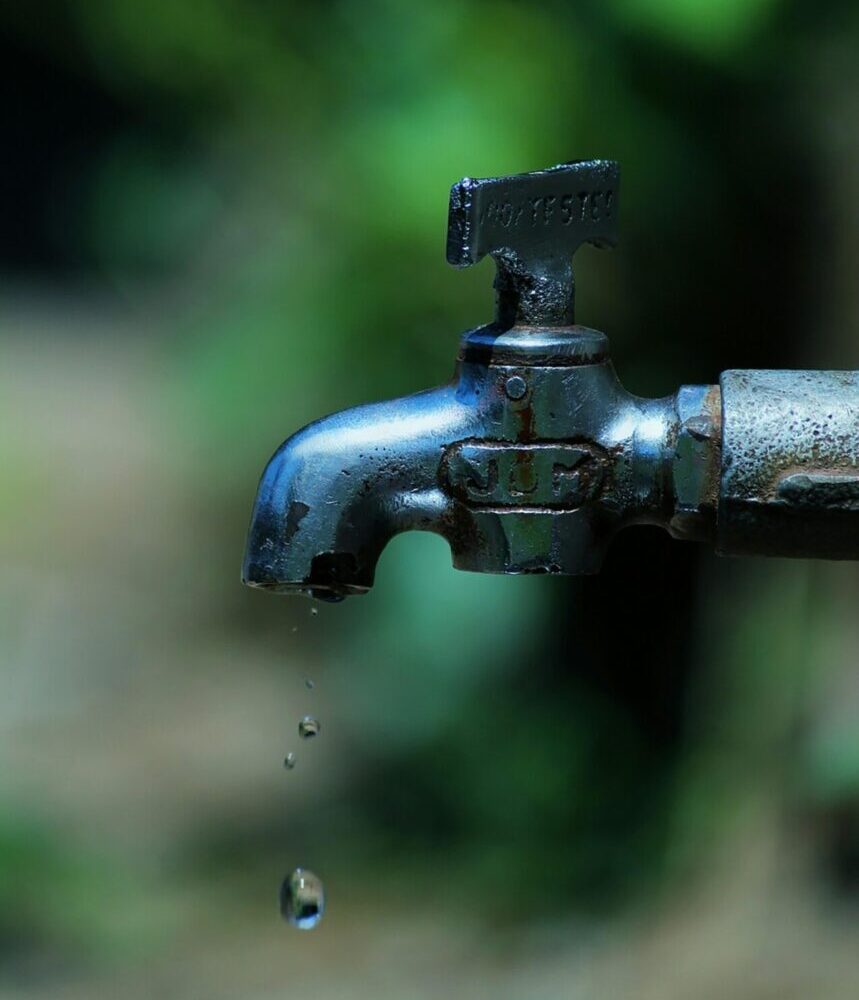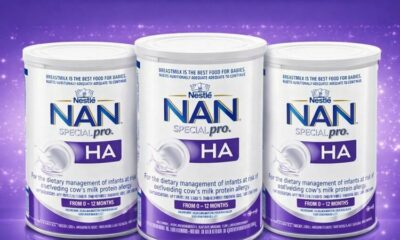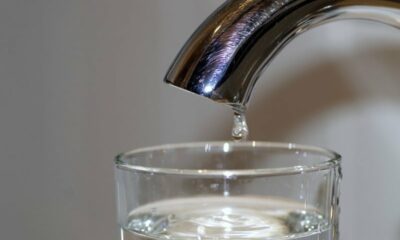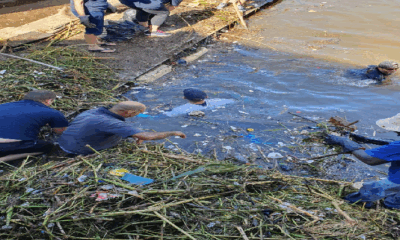News
ARVs Found in South Africa’s Tap Water: Health Department Calls for Urgent Action

The discovery of antiretroviral drugs (ARVs) in South Africa’s tap water and rivers has sparked concern over the country’s wastewater treatment systems. While the presence of the life-saving medication confirms that people living with HIV are taking their treatment, the unintended consequence is that traces of ARVs are seeping into public water supplies, raising red flags about environmental and public health safety.
Speaking to IOL, Department of Health spokesperson Foster Mohale acknowledged the unexpected duality of the situation. “The discovery of the drugs in the water is a net positive because it shows that people are taking the lifesaving medicine,” he said. “But the responsibility lies with those who deal with wastewater. They need to find a way to address this issue.”
Wastewater Treatment Under Scrutiny
The concern stems from a newly published study by the University of the North West, which found notable levels of ARVs downstream of wastewater treatment plants. These plants, often outdated or under-resourced, are not equipped to filter out pharmaceutical compounds like ARVs. As a result, chemical residues are ending up in drinking water and aquatic ecosystems.
Mohale pointed to a broader issue: untreated or poorly treated wastewater causing illness. “When water leaves our bathrooms, it doesn’t go to dams and rivers but to treatment plants. The Department of Water and Sanitation is responsible for ensuring this is properly handled,” he said.
Snails, Fish, and Humans at Risk
The report’s findings aren’t just chemical—they’re biological. Freshwater snails exposed to the contaminated water showed abnormal embryonic development. The study also noted that vital bacteria-controlling viruses in water ecosystems were being disrupted, which could alter the delicate microbial balance.
But it’s not only aquatic life that’s at risk. The study flagged potential long-term health risks for humans, especially as ARVs and their breakdown products may accumulate in aquatic food sources such as fish. “Humans are exposed to these compounds via drinking water, and in some cases, at concentrations exceeding safe thresholds,” the report warned.
Water and Sanitation Department Responds
In response to the findings, Department of Water and Sanitation (DWS) spokesperson Wisane Mavasa confirmed that the department has taken note of the report. “The ARVs appear to be entering the water resource through municipal wastewater treatment systems, which were not originally designed to remove such pharmaceuticals,” she explained.
DWS says it will collaborate with the University of the North West, the Water Research Commission, and the Department of Health to assess the impacts and determine next steps.
What’s Next?
While there’s no immediate panic about the drinking water supply, the presence of pharmaceutical residues in everyday water use points to systemic gaps in how South Africa handles water purification. With rising concerns about chemical pollution and environmental degradation, health and water authorities are now being pressed to modernize treatment plants and introduce more stringent water quality monitoring.
For now, the Department of Health continues to emphasize the importance of ARV adherence, while calling for responsible environmental stewardship to ensure that the same medications saving lives don’t unknowingly harm the ecosystems and people they are meant to protect.
{Source: IOL}
Follow Joburg ETC on Facebook, Twitter , TikTok and Instagram
For more News in Johannesburg, visit joburgetc.com



























